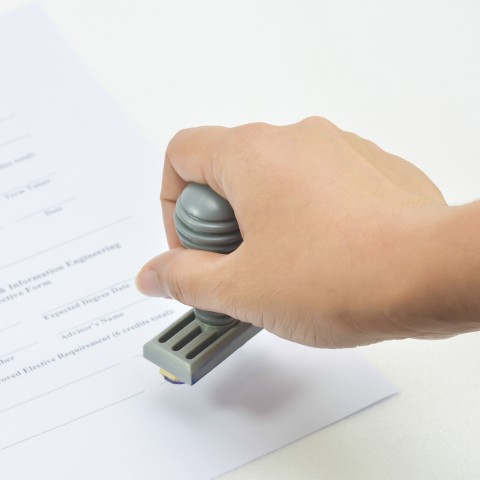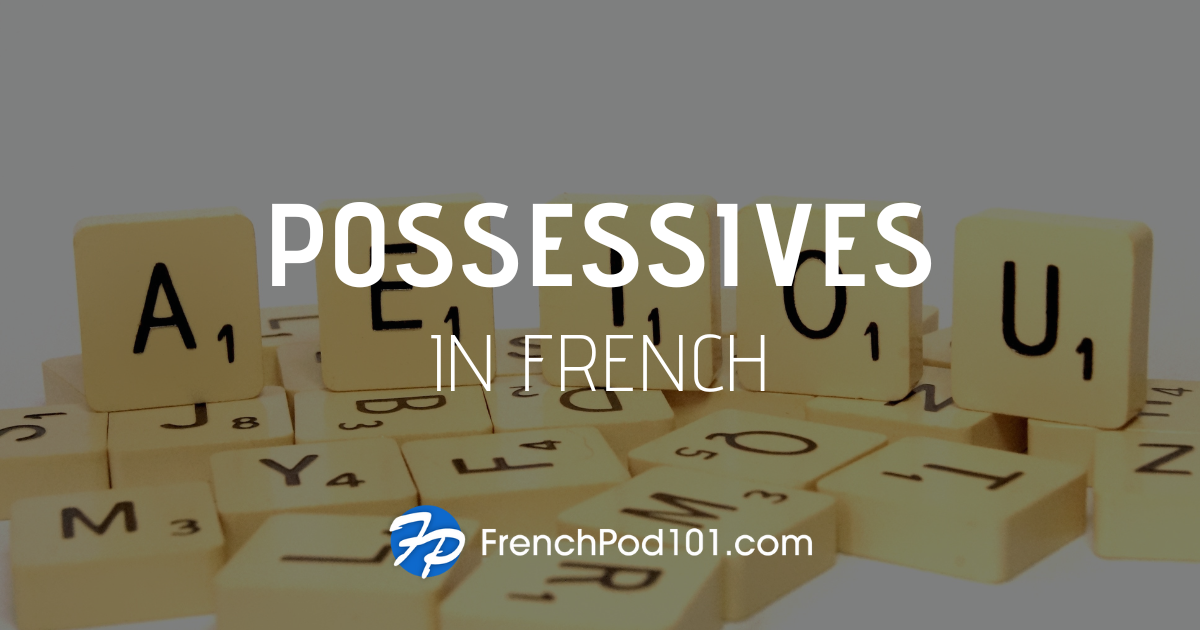
Learning how to say yes in French is one of the first essentials for beginners and travelers. The French word for yes is “oui.” This short word is the direct translation of “yes” in the French language, and can be used in almost any context.
But just as English has “yes,” “yeah,” “yep,” or “of course,” French offers many ways to agree depending on the situation. Below, we’ll explore how to say yes, I agree, okay, and other affirmative expressions in French.
Oui and Variations

Oui is the standard way to say yes in French. You can use oui in formal and informal conversations alike, as it’s a neutral term for yes. For example, Oui, s’il vous plaît (“Yes, please”) is a polite response.
In writing or on forms, oui appears for “yes” (with non for “no”). If you’re wondering how to say yes in French, in all cases, oui is your go-to word. (For reference, no in French is non.)
French has a special yes for contradicting negative questions: “si.” Use “si “to mean “yes” when responding to a question phrased in the negative. For instance, if someone says Tu n’aimes pas le café ? (“You don’t like coffee?”), you can answer “Si !” to mean “Yes, I do!”
In casual speech, you’ll often hear ouais – the French equivalent of “yeah”. Ouais (sometimes spelled ouaip) is very informal and best used with friends. You might say Ouais, d’accord (“Yeah, okay”) among close pals, but stick to oui with strangers or in polite contexts.
You may also have heard French characters say “oui, oui” (pronounced “we we” in French). In reality, saying oui, oui (“yes, yes”) is relatively uncommon in French. It’s used mainly to add emphasis or express impatience, similar to the phrase “yeah, yeah, sure”. So pay attention to tone if you hear a double yes!
Agreeing and Saying “OK” in French

To agree with someone or to say “okay” to a suggestion, the handy phrase d’accord is used. D’accord literally translates to “in agreement” and is the French equivalent of “OK” or “alright”. You can reply D’accord to accept plans (“Shall we meet at 3?” – “D’accord !”).
The expression être d’accord means “to agree,” so Je suis d’accord means “I agree”. For example, “Je suis d’accord avec toi” means “I agree with you.” Note that d’accord on its own just means “okay” or agreement, not yes in general.
In everyday conversation, French people also simply use the word “okay.” They pronounce it with a French accent, and it is well understood. So, okay and D’accord are both common ways to say “okay/yes” when agreeing to something.
Of course, French offers stronger affirmative responses too. To say “of course,” one uses “bien sûr.” For example: Tu veux visiter le musée ?
– Bien sûr ! (“Do you want to visit the museum?” – “Of course!”)
A similar term, évidemment, means “obviously” or “yes, obviously” – it conveys “yes, clearly” in response to an obvious question. For instance: Il fait chaud en été, non ?
– Évidemment. (“It’s hot in summer, right? – Obviously.”)
If you want to say “absolutely” or “certainly” for emphasis, you can use “absolument” or “certainement”. These words confirm your agreement emphatically.
To verify information or say “yes, that’s right,” a useful phrase is oui, c’est ça, which literally means “yes, that’s it”. Similarly, “Tout à fait” is a phrase that means “exactly” or “absolutely.”
Polite and Casual Alternatives for “Yes”

French also has polite ways to say yes, especially when accepting an offer or invitation. Two common phrases are volontiers and avec plaisir, both meaning “with pleasure” or “gladly”.
For example, if a host asks “Vous en voulez encore ?” meaning “Would you like some more?”, you can reply with “Avec plaisir !”
In formal situations or when speaking to someone you don’t know well, it’s best to stick to oui or polite phrases like these. A simple Oui, merci (“Yes, thank you”) is another polite way to accept something offered.
In casual French conversations, there are plenty of colloquial ways to agree. Ça marche is a popular informal phrase that literally means “that walks”—but in context, it means “Okay, that works for me.”
You can use Ça marche to say an arrangement or suggestion is fine. You might also hear Ça roule, which means “that rolls.” It is a slangy way to say “Okay, cool” or “sounds good.”
Among friends making plans, you might hear one say On se retrouve ici à 18h ? – Ça roule. (“We’ll meet here at 6 pm? – Works for me.”)
For an enthusiastic response to a fun idea, French speakers might exclaim Carrément ! – which translates to “Totally!” or “Absolutely!” in a remarkably upbeat, informal way.
To say something like “well, duh, yes” (with annoyance or irony), you can use “Mais oui.” This means “but yes.” Mais oui means “Yes, of course,” and people often say it with an emphatic tone to highlight that something should be obvious.
For instance, Tu as envie de vacances ? – Mais oui ! (“Do you feel like going on vacation? – Yes, of course!”)
Conclusion

As you can see, saying yes in French goes beyond a simple oui. From a polite “bien sûr” to a casual “ça marche,” French offers a range of affirmative responses for different contexts.
Knowing these options – oui, si, d’accord, je suis d’accord, bien sûr, volontiers, and more – will help you sound more natural during your travels. The key is to choose the French yes word or phrase that fits the situation.
With these basics in mind, you’ll be prepared to say “oui” to new experiences – and sound like a confident French speaker while doing so! Bonne chance et oui to that!









